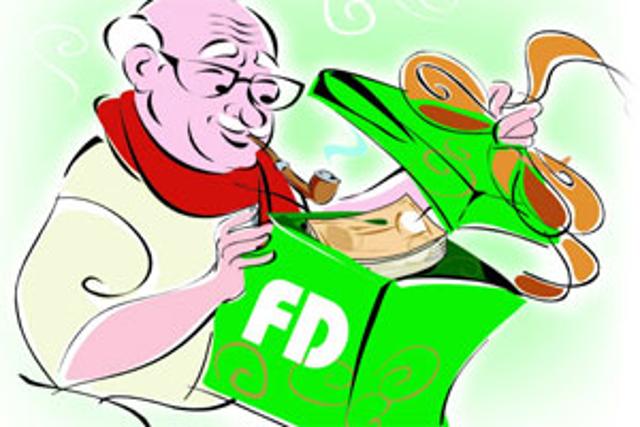
People in India are very big on investments since they are able to earn a higher returns on the same. Logically speaking, investing your excess funds is a smarter option as compared to keeping them in your savings account because you keep earning interest on the amount that you invest.
There are two types of term deposits that the banks and the Non-Banking Financial Companies (NBFCs) offer. They are Fixed Deposits and Recurring Deposits. When you choose to invest in recurring deposits, you have to pay a certain amount every month until the end of the tenure of the deposit or until the deposit matures. But, when you invest in Fixed Deposits, you only have to invest once throughout the entire tenure of the Fixed Deposit.

Here is a list of things that you should understand before you invest in Fixed Deposits:
- The interest that you earn is taxable:
The interest that you earn on your Fixed Deposit is taxable if you earn more than INR 10, 000 in the given financial year. If you have a large sum of money that you wish to invest in Fixed Deposits, it is advised that you split this large amount into smaller amounts and then invest that money in different Fixed Deposit schemes as well as with different financial institutions. By doing so, you will get to benefit different rate of interests on different FDs and you can break only one of the FDs, if needed.
- Your investments are insured:
Since, the Fixed Deposits are associated with the Reserve Bank of India, the money that you invest is safe. The amount that you invest is also insured up to INR 1 lakh. So even if the financial institution faces a loss, you can rest assured that you will get your invested money back.
- Getting the returns:
You can choose when you want to receive the interest that you earn. You can choose to receive them every month, every quarter, every half-year or every year. You can also choose to get the returns at the end of the tenure. By doing so, the interest that you were supposed to get every month will get reinvested which will be beneficial for you, since you will be earning a profit on a larger sum of money than you had originally invested.
- Liquidating your assets will cost you:
One of the drawbacks of investing in Fixed Deposits is that you will not be able to withdraw the money that you have invested. The money that you invest gets locked-in for the entire tenure of the Fixed Deposit. If you ever need to withdraw these funds, you will have to break the Fixed Deposit prematurely and you will have to pay a penalty for doing so.
Instead, when you are in an urgent need of some funds, you can opt for an overdraft facility. When you avail an overdraft facility, you can withdraw up to 90% of the invested amount and you have to pay interest on the amount that you borrow.
Investing in Fixed Deposits is one of the best options as the interest can be a steady source of extra income that you earn. If you want to understand how much interest you will be earning on your invested amount, you can take the help of a Fixed Deposit Calculator which is available on the website of the lender or the financial institution that you have invested with.
